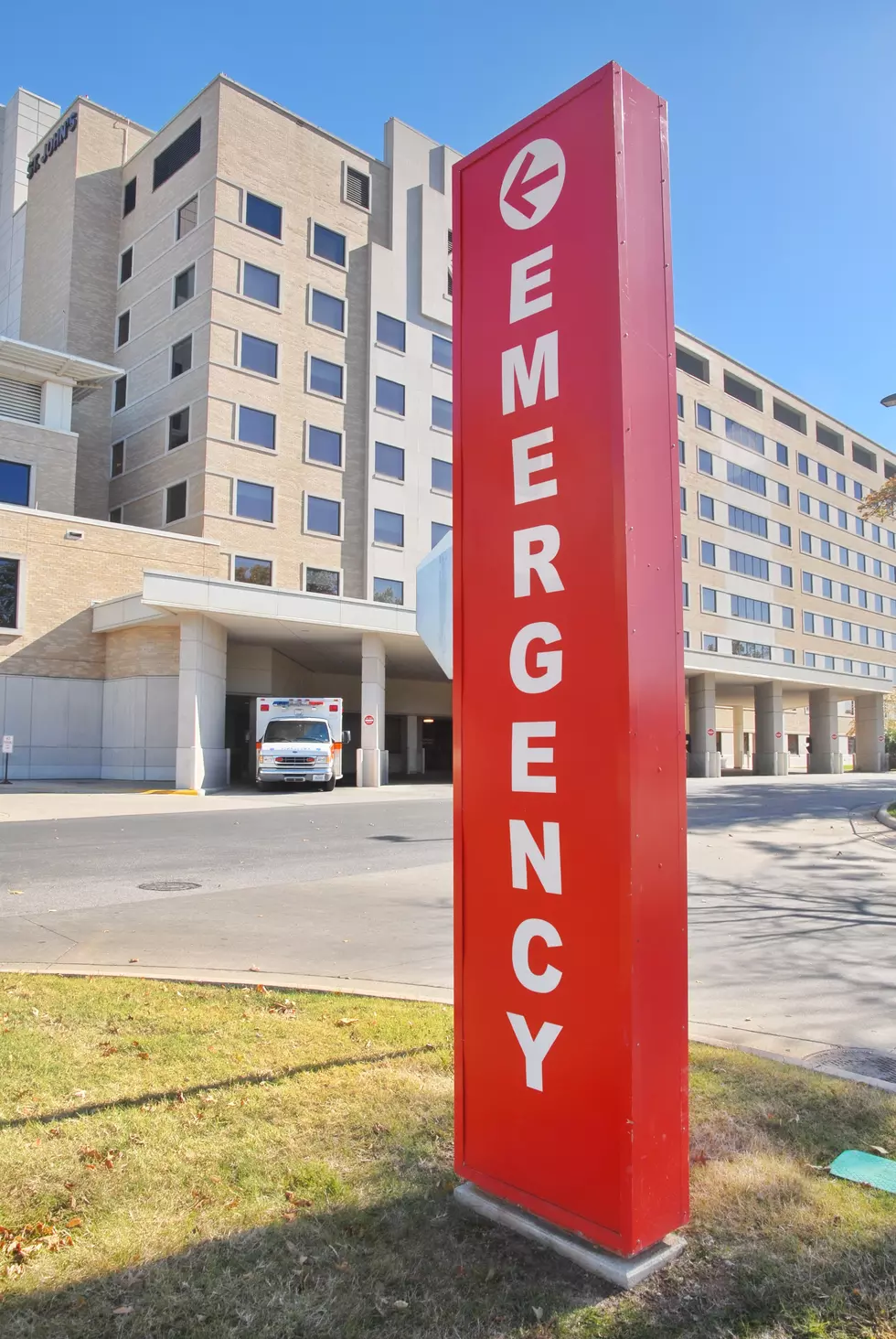
Dry Drowning: What Lubbock Parents Need to Know

The idea is simply unfathomable. You have a perfectly fun day at the pool or lake only to come home and have your child drown on dry land days later. The phrases "dry drowning" and "near drowning" are heard every summer, and doctors want you to know that these are not medically recognized conditions.
I spoke with Dr. Kristy Bybee, Pediatric Emergency Medicine Physician at Covenant Children's Hospital in Lubbock, Texas about the misconceptions surrounding this common terminology and when parents should seek medical care.
"Drowning happens if you were to fall into the water, inhale the water, and it were to go into your lungs, causing difficulty breathing," Bybee stated. "When you inhale water and it gets into your lungs, you cough and gag and sometimes throw up. That is your body's response to trying to get the water out of your lungs."
Most of the time, this resolves the issue. However, it is important to note that there are two conditions that can arise when water is inadvertently inhaled. The first is called a submersion injury. In this case, Bybee notes that "the child will slowly develop difficulty breathing." Symptoms include "more coughing, breathing hard, breathing fast, more vomiting, and generally not looking well. This happens over a few hours following the incident."
What this means is that if your child had a choking incident that involved water, watch them for a few hours following the event. If their symptoms continue to worsen, immediate emergency care is imperative. In this scenario, secondary pneumonia or pulmonary edema could be developing and treatment will be necessary.
The second condition that can occur when a child inhales water is called laryngospasm.
"If you inhale water and it hits your vocal cords at just the right time, it can cause your vocal cords to slam shut and now you can't inhale air." Bybee further notes that this happens immediately following the inhalation and the timing has to be exactly right for it to occur.
This condition should resolve within a few seconds. However, if it does not, CPR is required to forcefully reopen the airway. Bybee stated that this is "similar to having a true drowning event where they cannot breathe." Moreover, it is a prime example of why CPR training is so incredibly important. You never know when something like this will occur and every second counts in these situations.
Drowning remains the leading cause of unintentional death in children, especially those between the ages of one and four. Therefore, it is imperative that you ensure that your kids stay safe when around water sources.
Keep in mind, just because you don’t have a pool, doesn’t mean that danger isn’t lurking nearby. Drownings occur in neighbor's pools, playa lakes, decorative ponds, hotel pools, and even the bathtub. Enrolling your kids in lifesaving swim lessons is the best way to keep them safe.
Top Nine Reasons Kids End Up in The ER in the Summer Months
5 Common Baby Products That You're Using Incorrectly
Simple Snack & Meal Ideas to Keep Your Kids Hydrated on Triple Digit Days
More From KFMX FM






![[WATCH] Lubbock Reacts To Strange Parking Job Near Texas Tech](http://townsquare.media/site/157/files/2024/04/attachment-Screenshot-2024-04-18-105845.jpeg?w=980&q=75)


